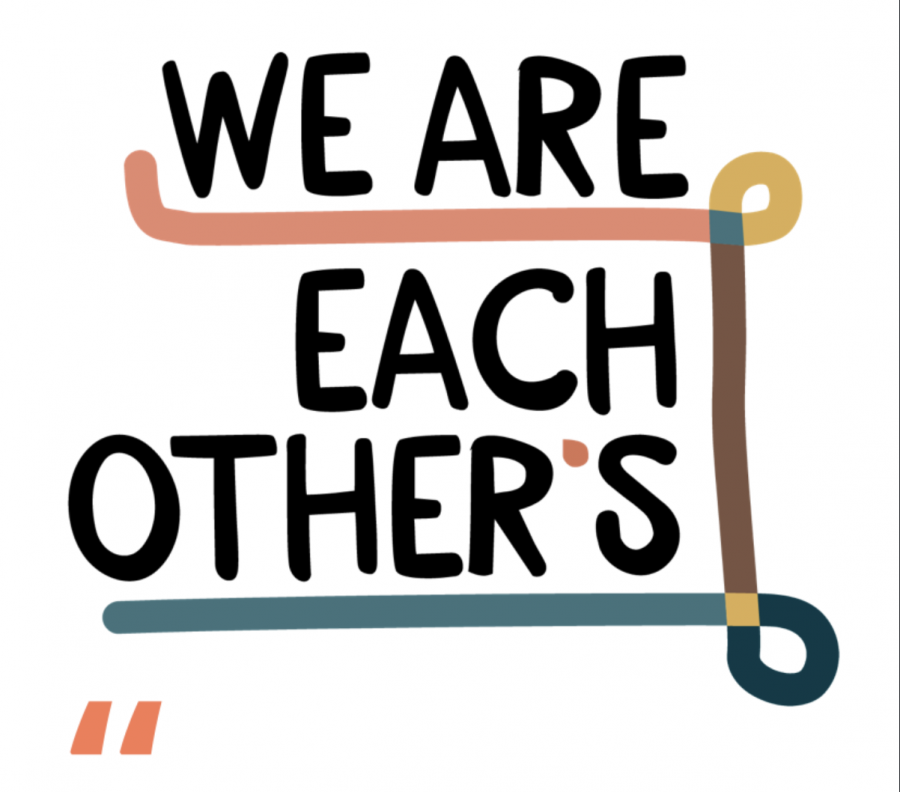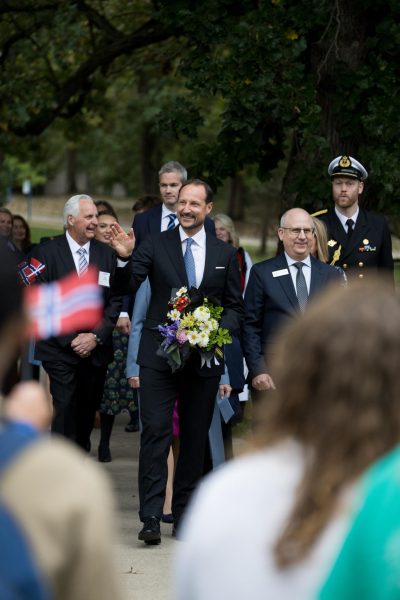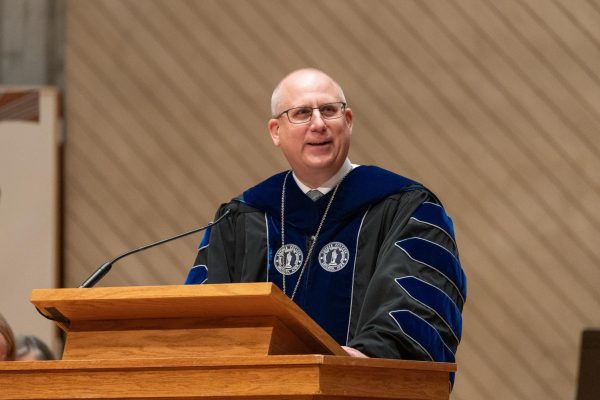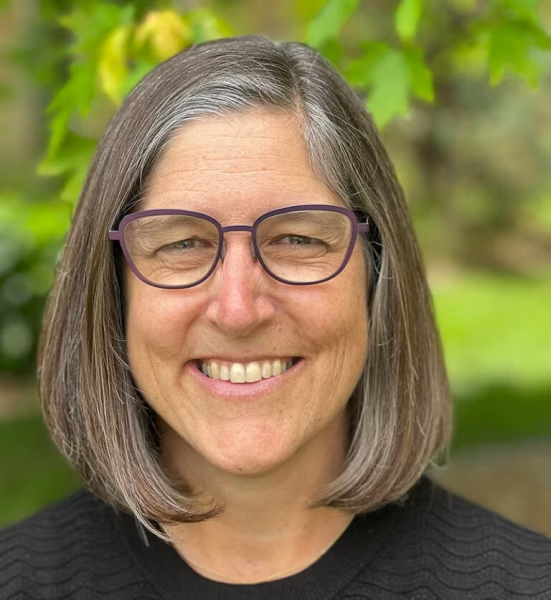Luther College Ministries Explores the Theme Interfaith Cooperation and Civil Rights
Graphic from the Interfaith Youth Core.
For the spring semester of 2021, Luther College Ministries chose to explore the theme of connections between interfaith cooperation and civil rights for its weekly Wednesday chapels. The series of lectures kick-started with a guest lecture presented by Edward Curtis, professor of religious studies at Indiana University-Purdue University Indianapolis, about interfaith cooperation and activism for civil rights on Feb. 24. Since then, there have been two more lecture services on the same topic, one by religion professor Todd Green, and the other by religion professor Gereon Kopf.
Kirsten Melaas-Swanson (‘22) is the sacristan who helps facilitate the chapel services, in addition to creating the audio and visuals for virtual chapel services. She explained that the theme of this series can help people of all faiths bridge connections with each other.
“I have a firm belief that we need to learn more about what connects us and to focus on those connections,” Melaas-Swanson said. “This is one of the best ways we can fight for the rights of people who are affected by systematic oppression and [the] disadvantaged in society. It is our responsibility as Christians to speak out with and for marginalized communities, no matter their race, gender, religion, creed, or any other background that may be different from our own personal identity.”
As the interim director for the Center of Ethics and Public Engagement (CEPE), Green was one of the people who helped facilitate the collaboration between the CEPE and College Ministries for this series. He explained the importance of focusing on interfaith for this month’s chapel series, as it allows for different perspectives to come forth and shape how we think. Green believes it was effective to begin the series with Curtis’ lecture, “How I Left the Interfaith Movement and Found Interfaith Solidarity.”
“[This] chapel series…[pushes us] to think about, from different perspectives, how we think about reaching out across religious boundaries and religious borders in order to find a common cause when it comes to promoting civil rights,” Green said. “To recognize that it’s not just people of one religious tradition who are believers in civil rights, or in need of them. Nor is it people of one religion who are the recipients.”
Pastor Mike Foss, the interim director of College Ministries and campus pastor at Luther, echoed Green’s assertion that civil rights are something which should be accessible to people of all religions, though frequently are not.
“When you have interfaith cooperation, the first thing that happens is you’re learning not only about what people believe, but the values that they hold,” Foss said. “That shatters the caricature that we tend to have of others who don’t share our religion, or our beliefs. Once that caricature is shattered, we can step alongside one another, and we discover that civil rights have often been denied to people because their religion doesn’t fit the norm.”
Green also explained why he believed this theme to be important for Luther college specifically.
“I think it’s great for a college like Luther, which is a college of the church — traditionally dominated by a Christian mission with Christian students, staff, and faculty — to think a little bit more broadly about how people of different religious communities come together to fight for a common cause like this.”




